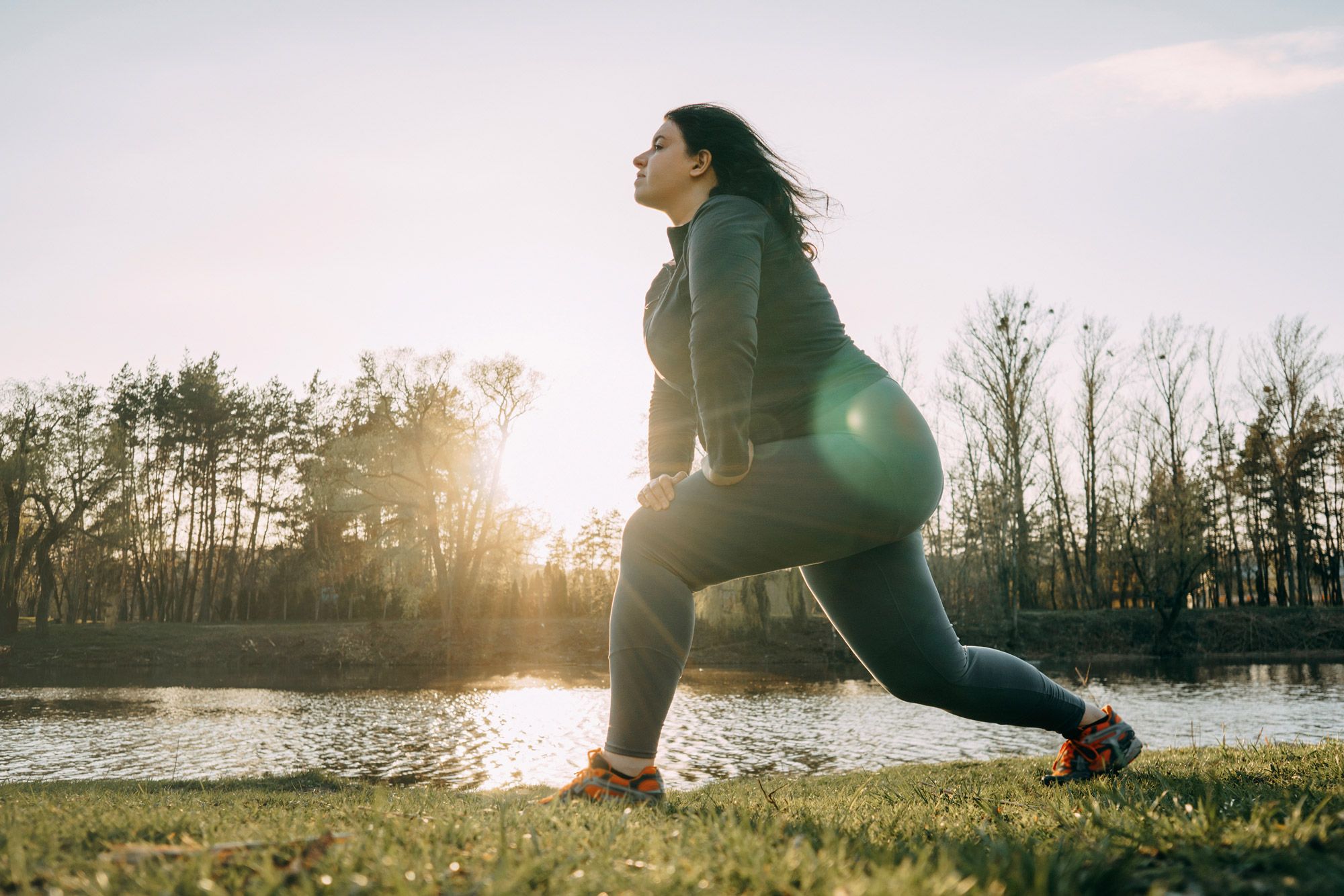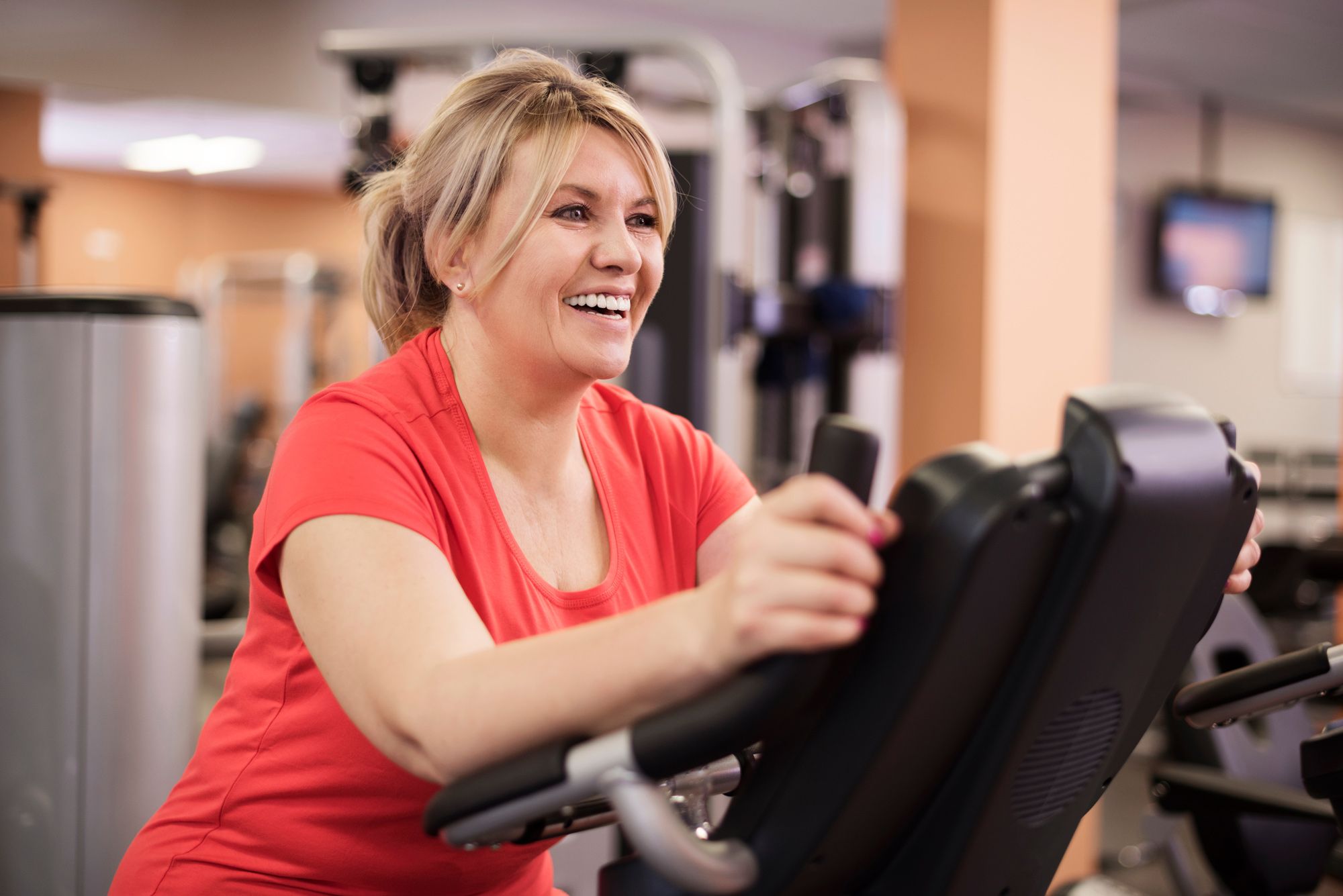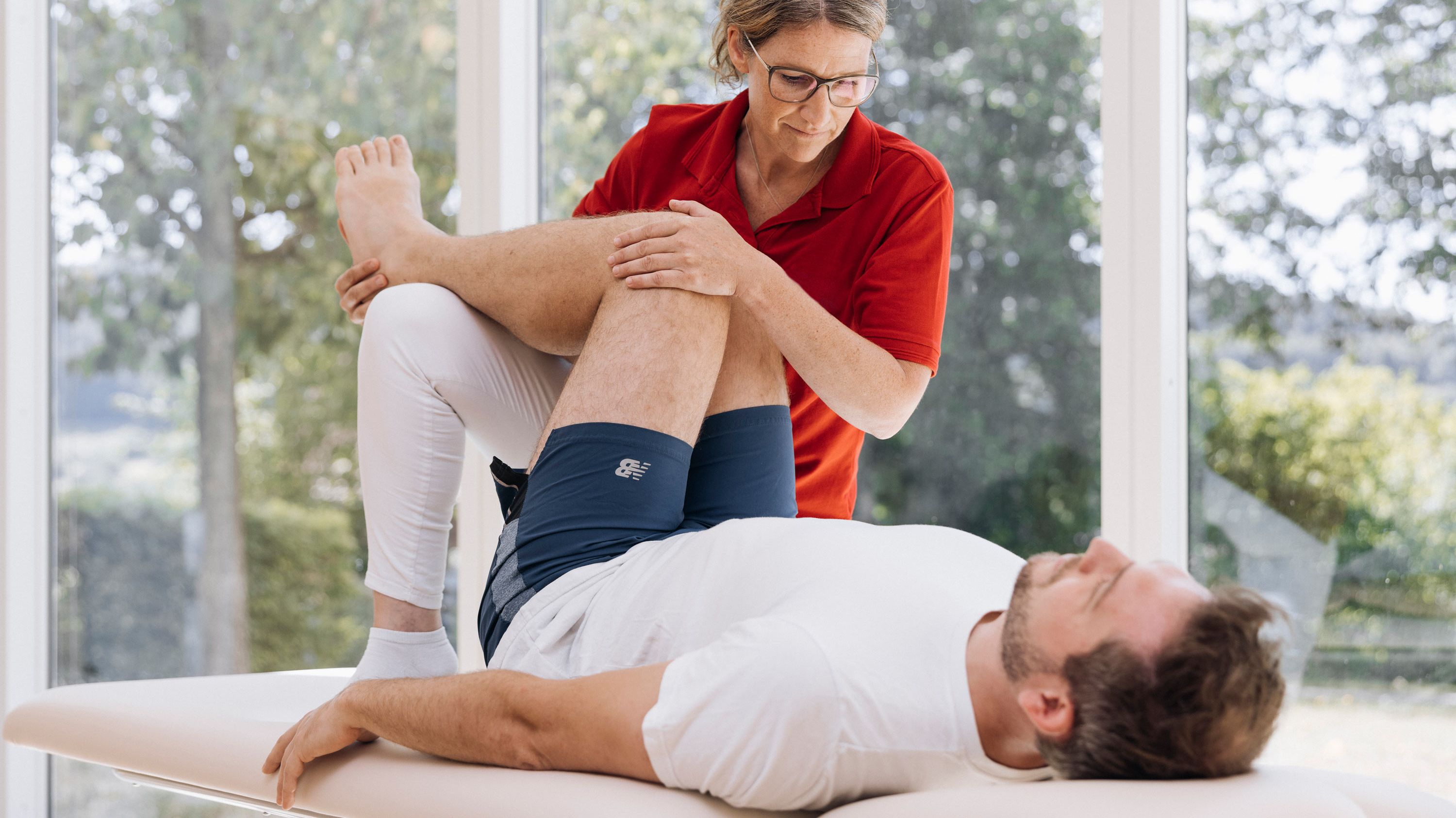FASTING CURE FOR LACK OF PHYSICAL ACTIVITY
NATURAL PATH TO MORE ACTIVITY AND WELL-BEING
Physical inactivity is a widespread problem in modern society and is now defined as a risk factor in its own right. If a person is not sufficiently physically active over long periods of time, this can have a negative impact on their physical and mental health. The recommendation for an appropriate amount of physical activity varies depending on age, health and other factors, but is generally at least 150 minutes of moderate exercise per week for adults.
A lack of exercise is caused by various factors that promote an increasingly inactive lifestyle. Modern occupations often require long periods of sitting, while technological advances and conveniences reduce the need for physical exertion. Lack of time and environmental factors such as limited access to physical activity also contribute. As a result of these developments, many people suffer from a lack of both daily and structured exercise, which can have a negative impact on health and physical and mental wellbeing.
There are two main types of physical inactivity:
- Low daily activity: This type of physical inactivity occurs when people have few opportunities for physical activity in their daily lives. Modern occupations and increasingly technological lifestyles often mean that people spend long hours sitting or in an inactive position. Office work, long hours in the car, lingering in front of the TV or computer. The fact that many everyday activities have been automated by technology also contributes to the fact that movement is less integrated into everyday life.
- Lack of structured exercise: This form of physical inactivity refers to the lack of focused and structured activities such as sports, fitness classes or workouts. Although some people may have sufficient daily activity, they may neglect the need or opportunity to engage in additional physical activity. This can be for various reasons, such as lack of time or lack of motivation - and exercise opportunities in the local area.

Lack of exercise can cause various symptoms, including:
- Fatigue and lack of energy: The body burns fewer calories due to a lack of exercise, which leads to fatigue.
- Muscle weakness and reduced mobility: Lack of exercise leads to muscle atrophy and reduced flexibility.
- Weight gain and obesity: A lack of exercise combined with inappropriate food intake can lead to weight gain.
- Increased risk of cardiovascular disease: Little exercise affects the metabolism and can increase the risk of heart problems.
- Mood swings and depressive moods: Lack of exercise can impair the release of “happiness hormones” and lead to emotional swings.
HOLISTIC FASTING CURE
A REFRESHING SOLUTION AGAINST SLUGGISHNESS
Therapeutic fasting is a proven method of relieving the body, eliminating toxins and improving health. It consists of a limited period of abstinence from food, during which only vegetable broths, vegetable juices, water or herbal teas are consumed. During fasting, the body is given the opportunity to regenerate. At the same time, increased body awareness can help you to rethink your previous habits. Here are some of the benefits of therapeutic fasting in the case of a lack of exercise:
Increase in energy:
Although fasting is associated with reduced calorie intake, many people report increased energy and vitality after fasting, which motivates them to be physically active.
Stress reduction:
Fasting can help to reduce stress, which has a positive effect on motivation to exercise.
New motivation:
Fasting can be a transformative experience and enable a fresh start. It can encourage you to try new things and develop new healthy habits, such as incorporating more exercise into your daily routine.
Detoxification and metabolism:
Therapeutic fasting supports the detoxification of the body and promotes an optimized metabolism, which can improve physical performance.
Awareness of your own body:
Therapeutic fasting raises awareness of the body's needs and promotes an understanding of a healthy lifestyle, including regular exercise.

Lack of exercise is a serious health problem that is associated with various symptoms and risks. Therapeutic fasting can be used as a starting point for a more active lifestyle. The conscious decision to fast for health not only enables detoxification and regeneration of the body, but also opens up new perspectives on your own health and well-being. However, it is important to consult a doctor before starting therapeutic fasting to ensure that it is suitable for your individual health.
Malteser Klinik von Weckbecker
Rupprechtstr. 20
97769 Bad Brückenau
Tel. (09741) 83-0
Fax ( 09741) 83-800
weckbecker@malteser.org






